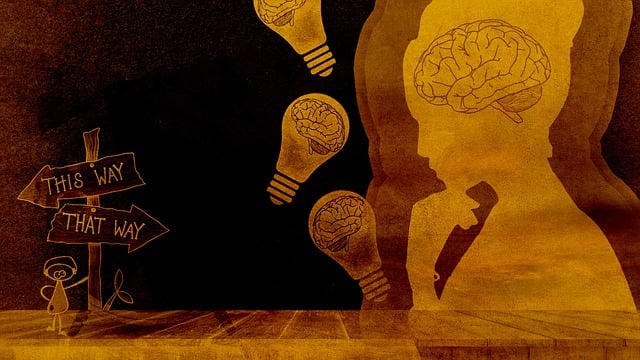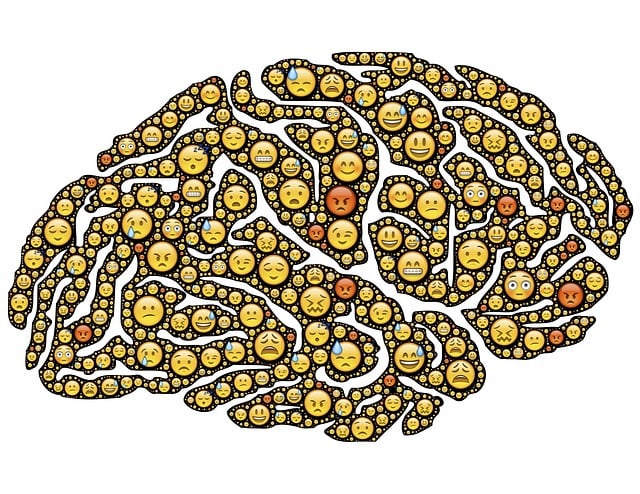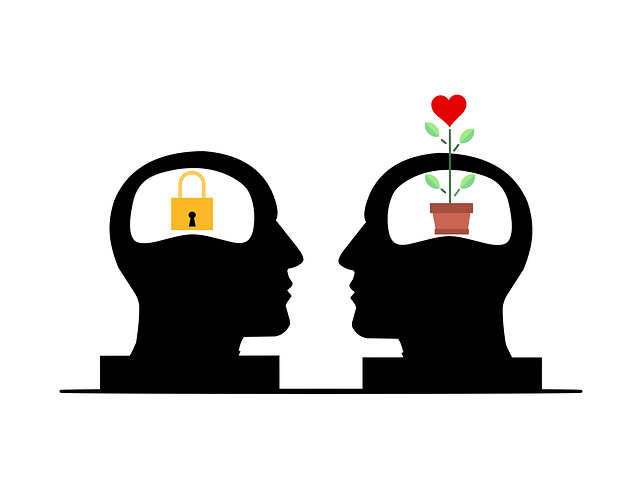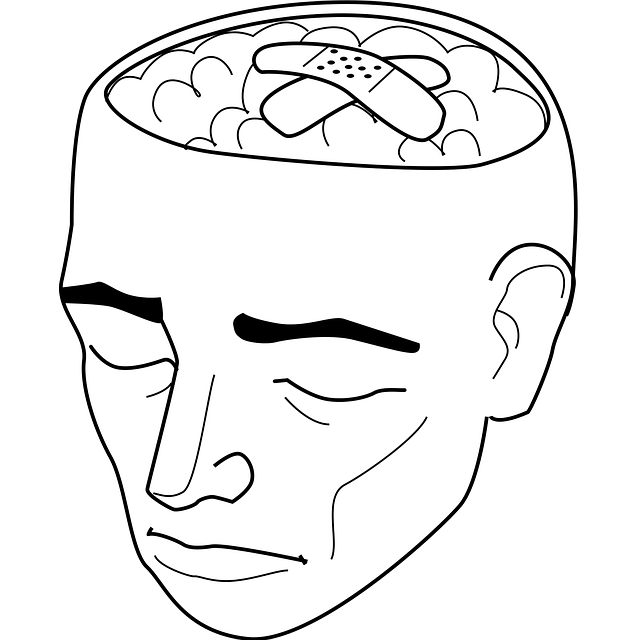Greenwood Village Depression Therapy emphasizes the power of coping skills in navigating life's challenges, promoting mental well-being, and preventing depression or anxiety. By developing a self-care routine with mindfulness, exercise, and creative outlets, individuals gain resilience to manage stress and regulate emotions. Their comprehensive approach includes individual therapy and a Community Outreach Program with group activities, workshops, and events, fostering social connection and collective emotional growth. Integrating coping techniques into daily life, like mindfulness meditation, strengthens mental health and reduces symptoms of anxiety and depression. Healthcare providers are encouraged to adopt personal stress management strategies for burnout prevention and optimal patient care.
Coping skills development is a crucial foundation for maintaining mental well-being. In today’s fast-paced world, effective coping strategies are essential for navigating life’s challenges. This article explores three key aspects of coping skills enhancement, leveraging insights from Greenwood Village Depression Therapy. We delve into understanding the basics of coping skills, discover practical strategies for building resilience, and learn how to integrate these techniques into daily routines for sustained long-term mental health.
- Understanding Coping Skills: A Foundation for Mental Well-being
- Strategies for Building Resilience: Tools Offered by Greenwood Village Depression Therapy
- Integrating Coping Techniques into Daily Life: Sustaining Long-term Mental Health
Understanding Coping Skills: A Foundation for Mental Well-being

Coping skills are essential tools for navigating life’s challenges and maintaining mental well-being. Understanding these skills is a fundamental step in fostering resilience and overcoming difficulties, such as those that might lead to depression or anxiety, as supported by Greenwood Village Depression Therapy. These strategies empower individuals to manage stress, regulate emotions, and adapt effectively to adverse situations. By developing a robust coping arsenal, one can transform their reaction to problems from overwhelming to manageable.
Self-care routine development plays a pivotal role in cultivating healthy coping skills. Incorporating practices like mindfulness, exercise, or creative outlets into daily life can significantly reduce anxiety relief and promote a sense of balance. Self-care practices not only enhance overall mental health but also serve as a foundational support system when facing life’s curveballs. It is through these routines that individuals can better tend to their emotional needs, ensuring they have the resilience to persevere.
Strategies for Building Resilience: Tools Offered by Greenwood Village Depression Therapy

Greenwood Village Depression Therapy offers a range of effective tools and strategies to build resilience and navigate life’s challenges. One key approach is incorporating Compassion Cultivation Practices, which teach individuals to cultivate self-compassion and empathy towards others. By fostering these qualities, clients can develop a deeper sense of emotional well-being and better cope with stress and adversity.
In addition to individual therapy sessions, Greenwood Village Depression Therapy has implemented a robust Community Outreach Program. This initiative provides opportunities for social connection and support, which are vital components of resilience building. Through group activities, workshops, and community events, participants learn valuable coping skills while fostering a sense of belonging and purpose. These collective efforts empower individuals to build resilience and enhance their overall mental health.
Integrating Coping Techniques into Daily Life: Sustaining Long-term Mental Health

Integrating coping techniques into daily life is a key aspect of sustaining long-term mental health, especially for individuals managing conditions like depression. Beyond short-term relief, these strategies empower people to navigate stressors and maintain emotional well-being. Many effective coping methods, such as mindfulness meditation, promote awareness and acceptance of thoughts and feelings without judgment. Regular practice can lead to reduced symptoms of anxiety and depression, enhancing overall resilience.
For healthcare providers, burnout prevention strategies are essential in addition to their clinical duties. Integrating techniques like mindfulness meditation into personal routines can help professionals manage stress, maintain work-life balance, and prevent the onset or exacerbation of mental health challenges, including depression. This not only benefits individual practitioners but also ensures better patient care within Greenwood Village Depression Therapy services and beyond.
Coping skills development, as championed by Greenwood Village Depression Therapy, is a powerful tool for navigating life’s challenges. By understanding and integrating strategies discussed in this article—from building resilience to sustaining long-term mental health—individuals can enhance their ability to manage stress and promote overall well-being. Resources like those offered by Greenwood Village serve as invaluable guides, empowering folks to take control of their mental health journey.









